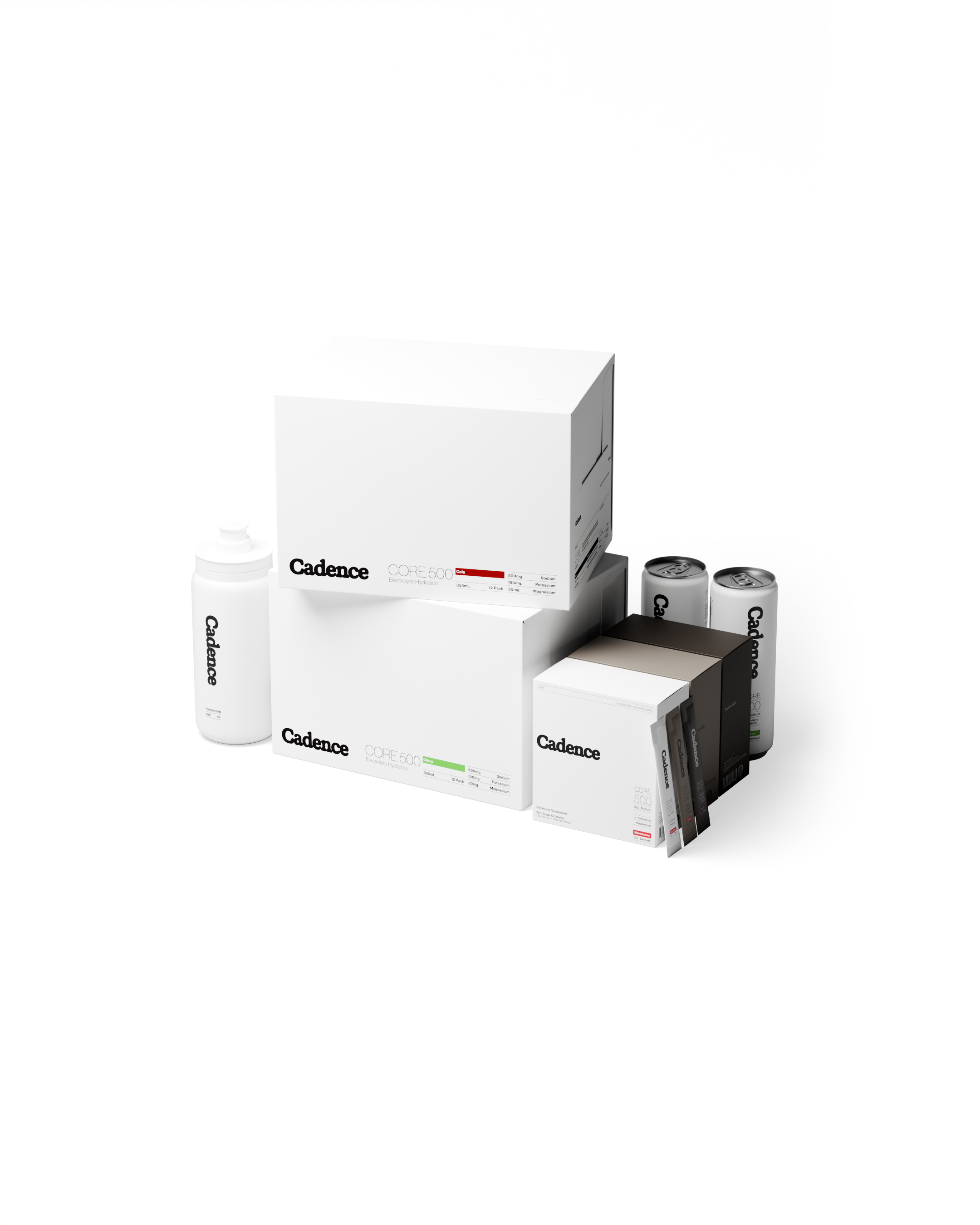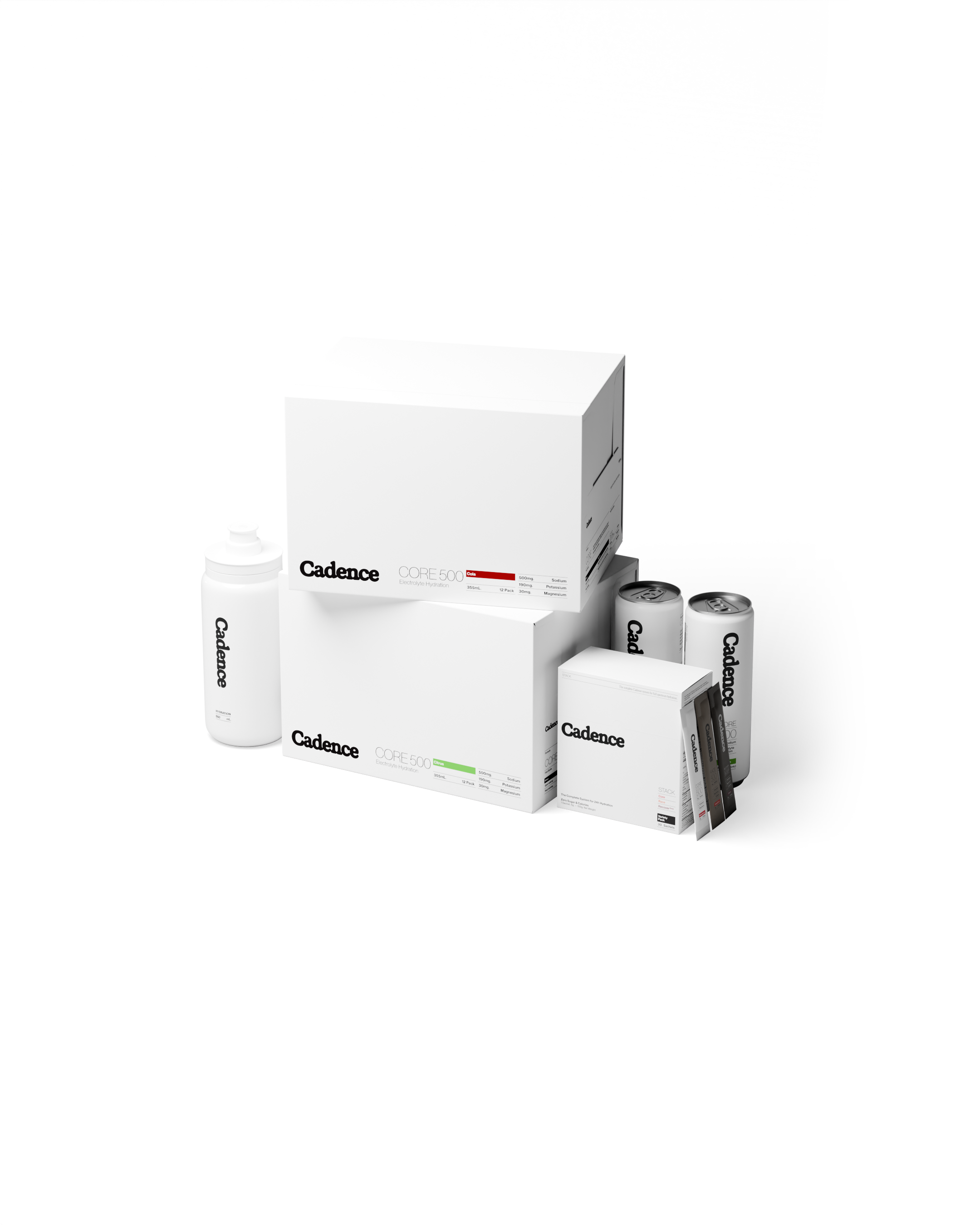Introduction
L-tryptophan is an essential amino acid that plays a role in the production of serotonin, a neurotransmitter which regulates mood, and melatonin, a hormone which regulates the sleep wake cycles in the body.
Research has demonstrated that L-tryptophan supplementation can significantly improve sleep quality and duration. For instance, one study by Sutanto et al., (2022) found that participants who consumed L-tryptophan more than or equal to 1g of L-tryptophan experienced a shortened wake after sleep onset, concluding that this dosage improves sleep quality. Other research highlights its potential as a natural sleep aid for anyone with a longer than normal sleep onset time (Hartmann, 1982).
L-tryptophan has also been linked to improved mental wellbeing. Research notes that L-tryptophan supplementation could alleviate symptoms of depression and anxiety by increasing serotonin levels. The study by Young et al., (2009) researched this by giving 3 groups of men either an excess-tryptophan mixture, balanced tryptophan mixture, or tryptophan depletion mixture. The results indicated a rapid mood lowering effect of tryptophan depletion in normal males (Young et al., 2009).
The role of L-tryptophan in serotonin production may also support recovery by reducing stress and promoting a positive mood; higher tryptophan intake has been associated with lower perceived stress and better emotional regulation (Schaechter & Wurtman, 1990). By improving sleep, improving mood, and aiding in stress management, L-tryptophan may be a great supplement for you to supplement for overall recovery.
This article will begin by going over the basics of L-Tryptophan. It will then present the evidence of L-Tryptophan and its effects on sleep, as well as dosage and timing recommendations. It will then look at the potential mechanisms of L-tryptophan for sleep as well as some potential food sources to help you get more L-tryptophan in your diet.
The Basics of L-Tryptophan
As a precursor, or building block, to serotonin and melatonin, L-tryptophan is considered to be essential for sleep and mental wellbeing. Serotonin, which is derived from L-tryptophan, is known to regulate mood and anxiety, whilst melatonin, which is synthesised from serotonin, controls the body’s sleep-wake cycles.
Studies have shown that L-tryptophan supplementation can increase serotonin levels, thereby improving mood and reducing anxiety (Badawy, 2013). Further research has confirmed that increased melatonin production from L-tryptophan improves sleep quality and duration (Zhdanova et al., 2001). Thus, by boosting serotonin and melatonin levels, L-tryptophan supplementation can effectively help to promote better sleep.
L-Tryptophan and Sleep
Current research on L-tryptophan supplementation in the context of sleep has had promising results as a whole, with data now supporting specific dosage and timing strategies. Sutanto et al. (2022) carried out a comprehensive systematic review and meta analysis in 2022, which concluded that tryptophan supplementation at dosages 1 gram and above are effective in improving sleep quality, measured by the sleep to wake time.
Other studies have also confirmed this, with participants taking 2-4 grams of L-tryptophan experiencing better sleep duration and reduced nighttime awakenings (Hudson et al., 2005). Additionally, a review paper highlighted that even lower doses, such as 250 mg, could be effective in improving sleep latency and sleep efficiency, especially in individuals with mild insomnia (Hartmann, 1979). The 250mg dose was found to increase time in Stage IV sleep, with every increase towards 1g dose having a greater effect.
Benefits of L-Tryptophan on Sleep Quality
Below is a summary of the benefits of L-tryptophan on sleep quality, with a presentation of some data which backs it:
- Sleep onset latency:
- L-tryptophan supplementation can reduce the time it takes to fall asleep by approximately 15-30 minutes. A study by Hartmann (1982) found that participants fell asleep about 15 minutes faster with 1 gram of L-tryptophan.
- Sleep efficiency:
- L-tryptophan supplementation can improve sleep efficiency by up to 10%. Research by Schneider-Helmert (1986) demonstrated that participants experienced a 7-10% improvement in sleep efficiency with 1 gram of L-tryptophan.
- Awakenings:
- L-tryptophan can reduce the number of nighttime awakenings by approximately 1-2 awakenings per night. A study by Hudson et al. (2005) found that participants had 1-2 fewer awakenings per night with L-tryptophan supplementation.
Dosage and Timing of L-Tryptophan for Sleep
The research which has looked at finding the optimal dosage and timing of L-tryptophan supplementation for improving sleep indicates that both factors are vital to consider to attain the best benefits.
Studies suggest that dosages ranging from 500 mg to 2 grams are effective, with the timing of intake playing a significant role. Research has confirmed dosages of around 1 gram of L-tryptophan 30-60 minutes before bedtime significantly improved sleep quality and reduced sleep latency (Sutano et al., 2022, Hartmann, 1982).
Consistent evening supplementation, rather than morning or afternoon, is most beneficial for aligning with the body's natural sleep-wake cycle (Hartmann, 1982). Further research demonstrated that a dose of 500 mg taken 1 hour before sleep also led to improvements in sleep duration and efficiency, however as with all research with dosages less than 1g, these are less notable (Schneider-Helmert, 1986).
Food Sources of L-Tryptophan
The main dietary sources of L-tryptophan include various foods and drinks which are high in protein. For instance, turkey is known for its high tryptophan content, with approximately 410 mg per 100 grams, meaning you would need about 244 grams of turkey to reach 1 gram of tryptophan. Other excellent sources include chicken, which contains around 300 mg per 100 grams, requiring roughly 333 grams to achieve 1 gram of tryptophan. Additionally, soybeans offer about 590 mg per cup, so consuming just under two cups would provide 1 gram (Zukraikat et al., 2021). Dairy products like milk also contribute to l-tryptophan intake, with one cup of milk providing about 100 mg, thus ten cups would be necessary to reach the desired 1g.
In addition to L-tryptophan-rich foods, other foods and drinks can also help improve sleep quality. Cherries, particularly tart cherries, are known for their high melatonin content, which can enhance sleep duration and quality. A study found that consuming tart cherry juice significantly increased melatonin levels and improved sleep efficiency (Howatson et al., 2012). Kiwi fruit is another beneficial option, with research showing that eating two kiwis one hour before bed improved sleep onset, duration, and efficiency (Lin et al., 2011). Furthermore, almonds, which contain magnesium, a mineral that promotes relaxation, have been shown to enhance sleep quality. Studies have confirmed a positive effect of magnesium supplementation on various aspects of sleep, particularly in elderly individuals (Abbasi et al., 2012). Incorporating these sleep-promoting foods and drinks into your diet can naturally enhance your sleep quality.
Conclusion
In conclusion, L-tryptophan may offer substantial benefits in improving sleep quality and mental wellbeing through its role in serotonin and melatonin production. By supporting your mood, potentially reducing anxiety, and improving sleep efficiency, incorporating L-tryptophan, whether through supplements or dietary sources, can significantly contribute to overall health and recovery. Whilst you're here, be sure to take a look at our Sleep Hydration Sachets, which contain 1000mg of L-Tryptophan per serving, as well as other sleep aid ingredients such as Ashwagandha, L-Glycine, Magnesium, Zinc, Valerian Root Extract, Vitamin B6 and L-Theanine. If you would like to sample our full range of electrolyte sachets, be sure to explore our variety pack of hydration sticks.
Frequently Asked Questions (FAQs)
What is L-Tryptophan and how does it affect the body?
L-Tryptophan is an amino acid which is a precursor to serotonin, a neurotransmitter that regulates mood, as well as melatonin, which is a hormone that controls sleep-wake cycles. It may help improve sleep quality and mental wellbeing by increasing serotonin levels, which can reduce anxiety and promote better mood.
How does L-Tryptophan improve sleep quality?
L-Tryptophan supplementation has been shown to reduce the time it takes to fall asleep and improve overall sleep efficiency. Studies have found that doses of 1 gram and above can shorten sleep onset latency by about 15-30 minutes and improve sleep efficiency by 7-10%, while also reducing nighttime awakenings.
What is the recommended dosage and timing for L-Tryptophan to enhance sleep?
Effective dosages for improving sleep quality have been found to range from 250mg and above, with the most benefits seen when a dosage equal or higher than 1g is taken 30-60 minutes before bedtime. Consistent evening supplementation has been found to align best with the body’s natural sleep-wake cycle, helping to maximise its benefits.
Can L-Tryptophan help with mood and stress management?
Yes, L-Tryptophan is linked to improved mental wellbeing by increasing serotonin levels, which may alleviate symptoms of depression and anxiety. Higher tryptophan intake has also been associated with lower perceived stress and better emotional regulation.
What are some dietary sources of L-Tryptophan?
High protein foods are generally the best sources of L-Tryptophan. Turkey, chicken, and soybeans are particularly rich in this amino acid, with other good sources including dairy products like milk. Incorporating these foods into your diet can help increase your L-Tryptophan intake naturally.
References
Sutanto, C. N., Loh, W. W., & Kim, J. E. (2022). The impact of tryptophan supplementation on sleep quality: a systematic review, meta-analysis, and meta-regression. Nutrition reviews, 80(2), 306–316. https://doi.org/10.1093/nutrit/nuab027
Ernest Hartmann (1982), Effects of L-tryptophan on sleepiness and on sleep, Journal of Psychiatric Research, Volume 17, Issue 2, Pages 107-113, ISSN 0022-3956, https://doi.org/10.1016/0022-3956(82)90012-7. (https://www.sciencedirect.com/science/article/pii/0022395682900127)
Young, S.N., Smith, S.E., Pihl, R.O. et al. Tryptophan depletion causes a rapid lowering of mood in normal males. Psychopharmacology 87, 173–177 (1985). https://doi.org/10.1007/BF00431803
Schaechter, J. D., & Wurtman, R. J. (1990). Serotonin release varies with brain tryptophan levels. Brain research, 532(1-2), 203–210. https://doi.org/10.1016/0006-8993(90)91761-5
Badawy A. A. (2013). Tryptophan: the key to boosting brain serotonin synthesis in depressive illness. Journal of psychopharmacology (Oxford, England), 27(10), 878–893. https://doi.org/10.1177/0269881113499209
Zhdanova, I. V., Lynch, H. J., & Wurtman, R. J. (1997). Melatonin: a sleep-promoting hormone. Sleep, 20(10), 899–907.
Hudson, C., Hudson, S. P., Hecht, T., & MacKenzie, J. (2005). Protein source tryptophan versus pharmaceutical grade tryptophan as an efficacious treatment for chronic insomnia. Nutritional neuroscience, 8(2), 121–127. https://doi.org/10.1080/10284150500069561
Zuraikat, F. M., Wood, R. A., Barragán, R., & St-Onge, M. P. (2021). Sleep and Diet: Mounting Evidence of a Cyclical Relationship. Annual review of nutrition, 41, 309–332. https://doi.org/10.1146/annurev-nutr-120420-021719
Howatson, G., Bell, P. G., Tallent, J., Middleton, B., McHugh, M. P., & Ellis, J. (2012). Effect of tart cherry juice (Prunus cerasus) on melatonin levels and enhanced sleep quality. European journal of nutrition, 51(8), 909–916. https://doi.org/10.1007/s00394-011-0263-7
Lin, H. H., Tsai, P. S., Fang, S. C., & Liu, J. F. (2011). Effect of kiwifruit consumption on sleep quality in adults with sleep problems. Asia Pacific journal of clinical nutrition, 20(2), 169–174.
Abbasi, B., Kimiagar, M., Sadeghniiat, K., Shirazi, M. M., Hedayati, M., & Rashidkhani, B. (2012). The effect of magnesium supplementation on primary insomnia in elderly: A double-blind placebo-controlled clinical trial. Journal of research in medical sciences : the official journal of Isfahan University of Medical Sciences, 17(12), 1161–1169.

